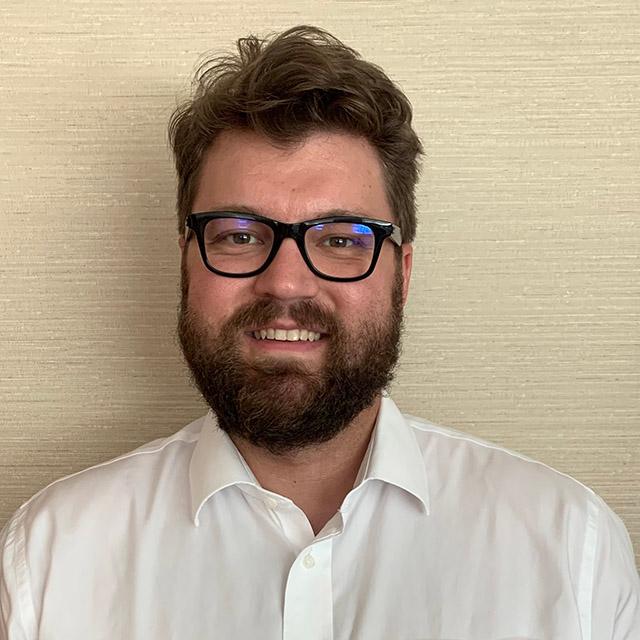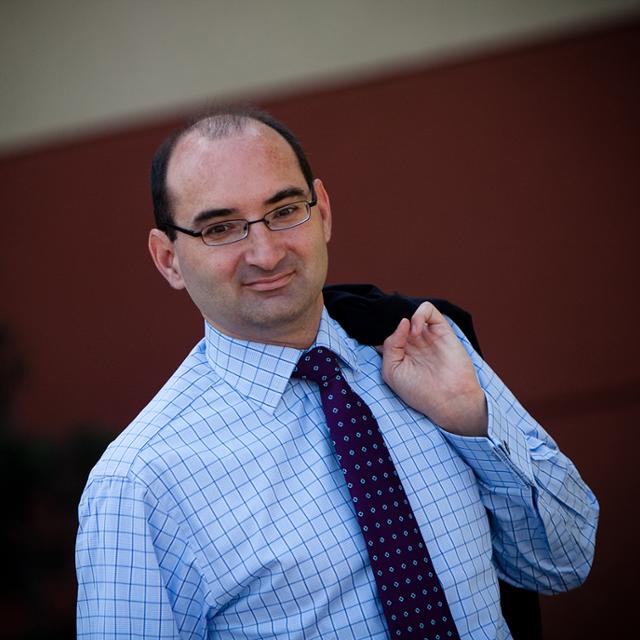Discussion Description:
 Morgan A. Gray, Adjunct Professor at Duquesne University Thomas R. Kline School of Law
Morgan A. Gray, Adjunct Professor at Duquesne University Thomas R. Kline School of LawMorgan A. Gray is an adjunct professor of law at the Thomas R. Kline School of Law of Duquesne University. The primary areas of his scholarship are criminal procedure, machine learning, natural language processing, case-based reasoning, and legal text analytics. He also researches access to justice and pedagogy. His numerous conference papers have focused on automatically identifying legally relevant facts in drug interdiction cases.
He received his B.A. from Thiel College in 2016, his J.D. from Duquesne Kline School of Law in 2019, and is currently pursuing his Ph.D. in Intelligent Systems from the University of Pittsburgh. He served as a judicial clerk for the Commonwealth Court of Pennsylvania for two years and is admitted to practice in Pennsylvania and the Western District of Pennsylvania.
 Wesley M. Oliver, Director of the Criminal Justice Program and Professor of Law at Duquesne University Thomas R. Kline School of Law
Wesley M. Oliver, Director of the Criminal Justice Program and Professor of Law at Duquesne University Thomas R. Kline School of LawWesley M. Oliver is director of the criminal justice program, and professor of law at Duquesne University School of Law. His teaching and scholarship have examined numerous aspects of criminal law, criminal procedure, and evidence.
His multiple books and journal publications have addressed issues of search and seizure, interrogations, material witness detentions, wiretapping, plea bargaining, the doctrine of chances, approaches to defining terms in criminal statutes, and the history of policing. Most recently, he has focused on the light historical context can shed on the appropriate uses of constitutional criminal procedure decisions.
In 2018, Oliver published a book,The Prohibition Era and Policing: A Legacy of Misregulation (Vanderbilt Univ. Press 2018), that demonstrates how America’s Noble Experiment played a pivotal role in creating many of the judicially created limits on modern police – and suggests that a system more responsive to concerns of police brutality and wrongful conviction would have been possible had state courts in the 1920s – and the United States Supreme Court in the 1960s – not been so bold in guarding against a distinctly Prohibition-Era concern, illegal searches and seizures.
Professor Oliver has presented his current work, an artificial intelligence device to assist police officers in determining whether they have adequate suspicion to search a car during a drug interdiction stop, at national and international conferences on the intersection of computer science and law. He is also working on a popular history of a small Mississippi locale that saw some of the worst civil rights abuses in American history. Kemper County, Mississippi, is best known to lawyers as the location of the infamous tortured interrogation at issue in the Supreme Court case, Brown v. Mississippi (1936) but was already known at that time as the locus of uniquely extreme racial violence, from the ouster of Native Americans that led to its founding, to an extraordinary number of lynchings that doubled any other Mississippi county, to two separate massacres of black citizens that grabbed national headlines. The story of this small county provides a vehicle for describing many aspects of America’s sad history of race relations, from the Trail of Tears, to slavery, to reconstruction, Jim Crow, and the Civil Rights Era.
Oliver earned J.S.D. and LL.M. degrees from Yale University and J.D. and B.A. degrees from the University of Virginia. He is licensed to practice law in Tennessee. He began his legal career as a criminal defense lawyer in Nashville and is licensed to practice law in Tennessee.